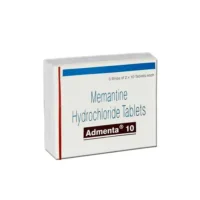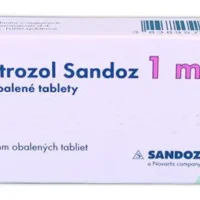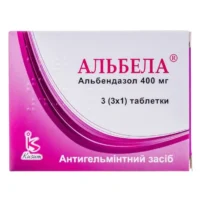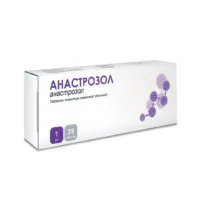Description
Rezonativ (Anti-D Human Immunoglobulin) Solution for Injections 625 IU/ml. 1 ml Ampoule №1
Ingredients
- Rezonativ contains anti-D human immunoglobulin as the active ingredient.
Dosage
- The recommended dosage of Rezonativ is determined by a healthcare professional based on the patient’s condition and needs.
Indications
- Rezonativ is indicated for the prevention of hemolytic disease of the newborn (HDN) in Rh D-negative pregnant women.
Contraindications
- Do not use Rezonativ if you have a known hypersensitivity to human immunoglobulins.
Directions
- Rezonativ is administered via intramuscular injection. Follow the instructions provided by your healthcare provider.
Scientific Evidence
- Studies have shown that anti-D immunoglobulin is highly effective in preventing sensitization of Rh D-negative individuals to Rh D-positive red blood cells, thereby reducing the risk of HDN.
- Clinical trials have demonstrated the safety and efficacy of Rezonativ in preventing Rh D alloimmunization in pregnant women.
Additional Information
- It is important to note that Rezonativ should only be administered under the supervision of a healthcare professional to ensure proper dosage and monitoring for any adverse reactions.





